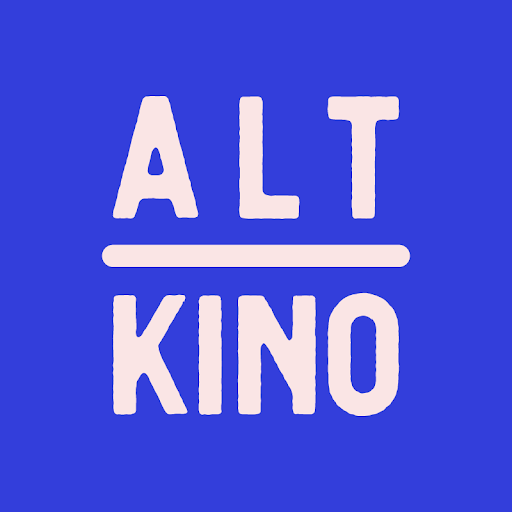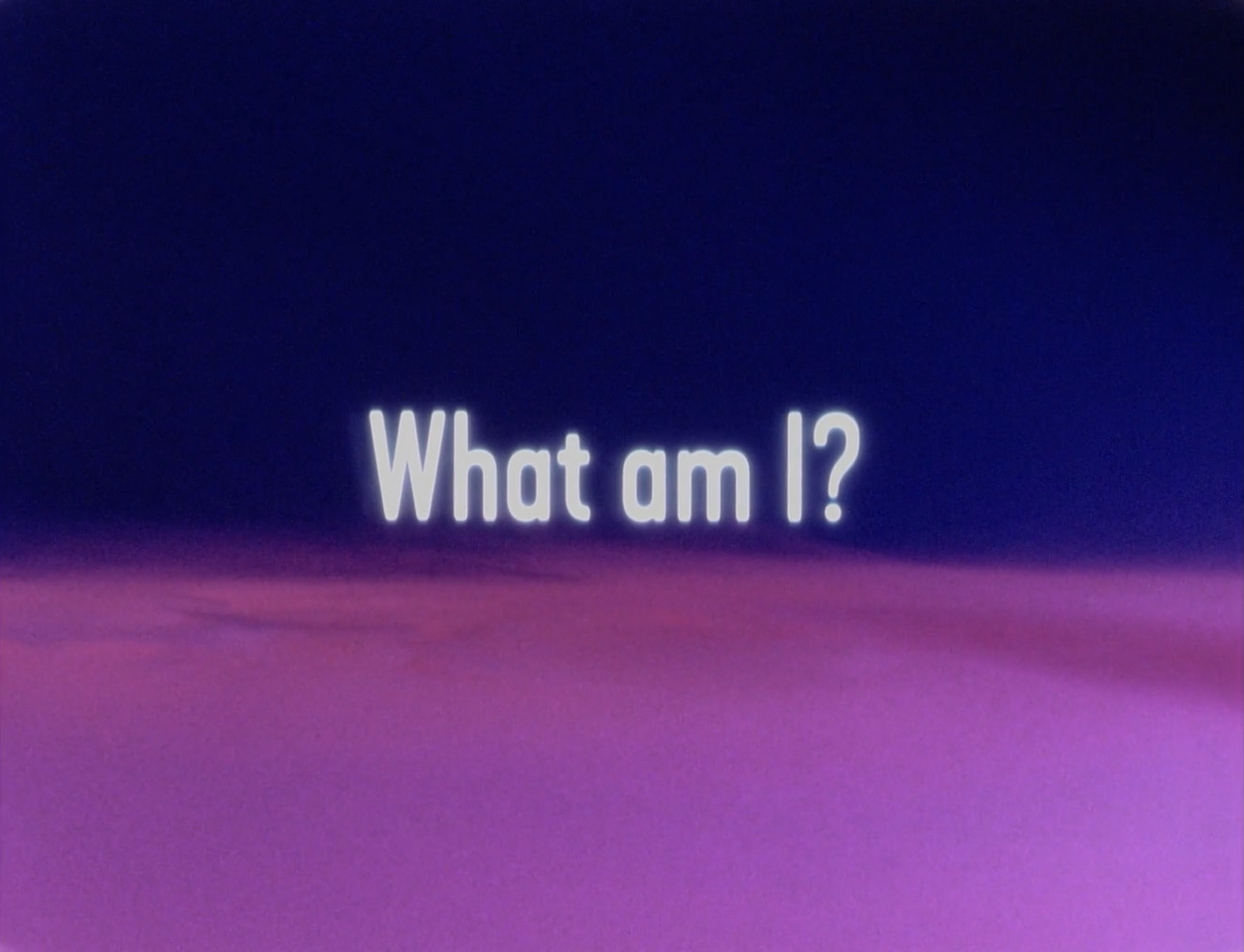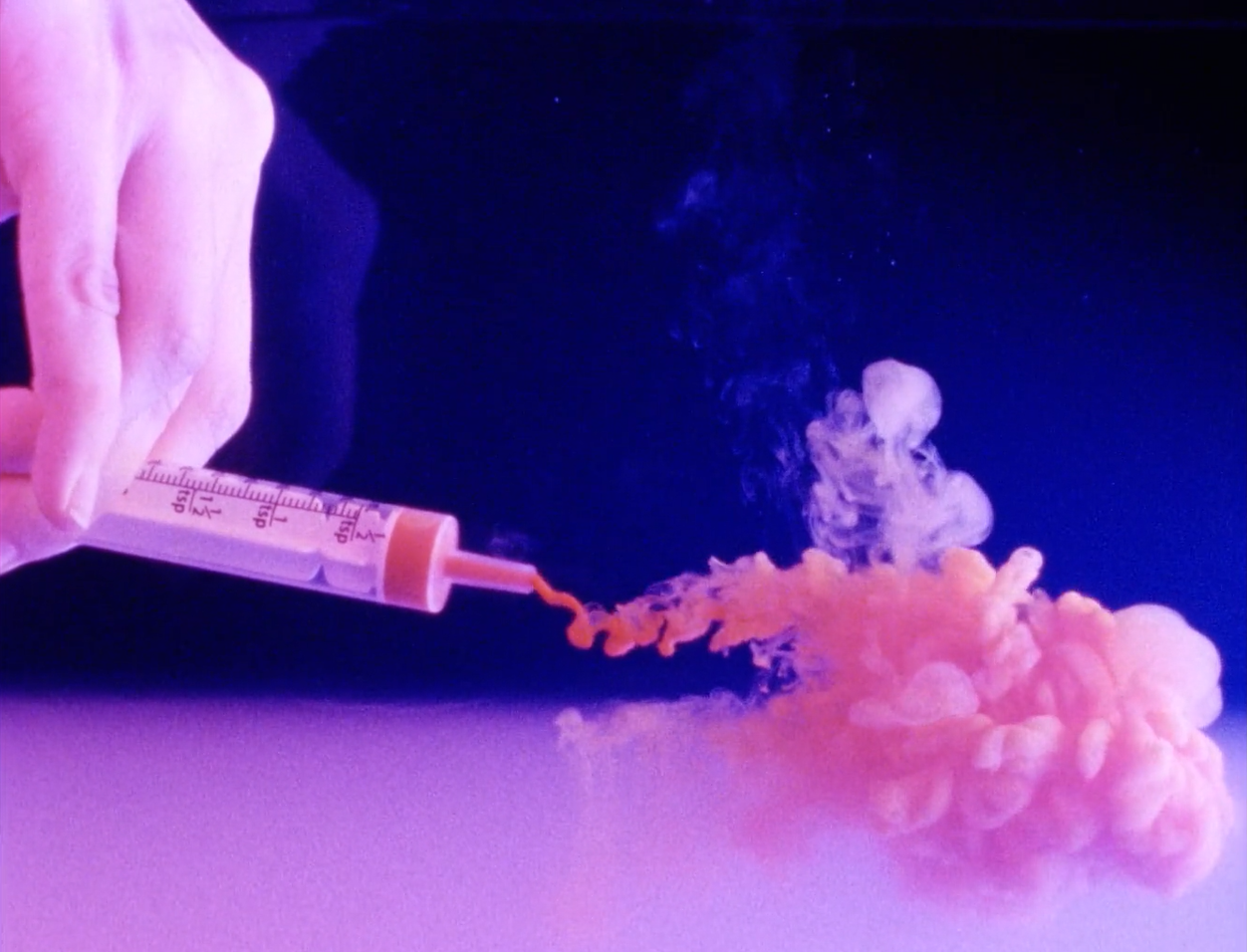Anja Dornieden, Juan David González Monroy, and Andrew Kim’s Instant Life is a remade, reconstituted riddle in triplicate. In an attempt to reckon with its mysteries we asked a triumvirate of critics to share their thoughts.
by Ben Nicholson, Savina Petkova and Patrick Gamble
Instant Life (Anja Dornieden, Juan David González Monroy, Andrew Kim, 2022) © OJOBOCA GbR
The 27-minute short film Instant Life (2022) made by Anja Dornieden, Juan David González Monroy and Andrew Kim had its world premiere at the Berlinale earlier this year. The film is preceded by the following introductory text:
The three films you will see are shot-for-shot reproductions of the compilation film Instant Life (1981).
Each film in Instant Life (1981) was a remake of an earlier film also called Instant Life (1941). The earlier Instant Life (1941) was a single film, not a compilation.
In 2017, we decided to recreate Instant Life (1981). We did not attempt to recreate Instant Life (1941) because that Instant Life is lost.
Instant Life (1941) was a silent film presented with live musical accompaniment. After the show, audience members received a printed riddle. Instant Life (1981) is a sound film. The riddle is part of the film. No answer to the riddle exists.
In the spirit of Instant Life (2022) and Instant Life (1981), ALT/KINO decided to review the film by asking three critics to respond to the film individually. Each review is a response, reflection, and expansion of the preceding review(s).
Instant Life (Anja Dornieden, Juan David González Monroy, Andrew Kim, 2022) © OJOBOCA GbR
Instant Life by Ben Nicholson
In the third and final section of Instant Life (2022), a fascinating and fabulously confounding new film by Anja Dornieden, Juan David González Monroy and Andrew Kim, the narrator urges the viewer not to try to solve ‘the riddle.’ Whether you consider the riddle to be the explicit one presented as on-screen text in the film’s second section, or to be the film itself and its accompanying paratext on the Arsenal Berlin website, the temptation to unpick the various puzzles presented is too much to resist.
The development of crystalline structures, the layering of geological formations, the accumulated slow-drip of stalactites are presented in all three iterations in Day-Glo colour floods and shimmering neon accompanied by an ambient electronic soundtrack that manages to evoke both an atemporal prehistory and a specifically 20th-century New Age. In the final section there is much imagery of these crystal formations being farmed while the narrator (who only accompanies the last section) warns that ‘false forms appear primordial.’
As it dawns on you that the narrator might have been right – ‘the film is a trick…’ – and that Instant Life (2022) might just be a film about Sea Monkeys (and it is a film about Sea Monkeys) it also dawns on you that it is a film about the ecstatic pain of creation, about the invigoration and inertia of renewal, about what can be discovered and what can be degraded in cycles of reproduction both biological and artistic, about what it means to narrativise history and what it means to need to narrativise history. Or perhaps I have no idea what Instant Life (2022) is about.
Instant Life (Anja Dornieden, Juan David González Monroy, Andrew Kim, 2022) © OJOBOCA GbR
Instant Life by Savina Petkova
Even after I’ve watched the film three times, it begs me to watch it again; as if I was at its mercy. Like that, Instant Life tightens the grip with every iteration of itself. While one cannot help but recognise shapes and sequences across its three sections, the boxed frames seem way too constricting to hold the magnitude of what is both shown and concealed. Beguiled by the facets of texture, the folds of space, the crystallisation of time, the viewer thinks in threes. Maybe being told not to solve the riddle is already an invitation to triple that very same riddle we’re supposed to ignore?
Instant Life exposes its audiences as hungry for refractions, for iterative rethinking and multiple returns, and in that craving, lies a definitively human urge for participation. The film, with its reproducible textures, invites as much as it deceives. Nonetheless, its ‘trickiness’ is much needed, if only to force pause on all those meaning-making machines running on fumes somewhere in the brain. To pause and let yourself be invited: once, twice, three times.
The filmmakers behind Instant Life welcome you to a world of enduring vulnerability, where human agency within the filmic world seems to dissipate and maybe never truly existed. Perhaps a cinematic antidote to the Anthropocene? Or a film about the primordial mourning embedded in the flesh of each and every creation? About the desire to be led on, or instructions on how to denounce humanism for something of a higher order? If none of the three seem convincing enough, let’s invent another set of three.
Instant Life (Anja Dornieden, Juan David González Monroy, Andrew Kim, 2022) © OJOBOCA GbR
Instant Life by Patrick Gamble
As I searched your reviews for a single note that chimed with my experience of watching Instant Life, I was drawn to what you both described as the film’s ‘reproducible textures’ and ‘cycles of reproduction.’ It made me think of Donieden and Monroy’s previous film, Her Name is Europa, a fanciful work of nonfiction about the use of reverse-breeding to resurrect the aurochs, a now extinct species of cattle. I find it interesting how both films attempt to revive something lost, yet are open (in their own unique ways) to new and transformative forms of creation.
In this age of remakes, reboots, and digital restorations, it can’t be a coincidence that the 1981 version of Instant Life was discovered on a pirated VHS of William A. Wellman’s A Star is Born? When a film is remade we often fixate on how true to the original it is, or dismiss it as an inferior commercial product, but Instant Life seems to suggest that we should consider this process as yet another form of authorial style.
A celebration of the creative and destructive power of reproduction, Instant Life demonstrates how remakes not only preserve the past but provide an opportunity to reinvent and expand the discourse surrounding it. Of course, there’s also a chance all of this is meaningless, too. Perhaps our ‘hunger for refractions’ and ‘the temptation to unpick this riddle’ has blinded us to what is simply a documentary about brine shrimp. After all, meanings disperse and new meanings tether, but in a world that often presents itself as a riddle, Instant Life reminds us that it’s sometimes better to ask questions than seek answers.
The 2022 edition of the Berlinale ran from 10-20 February 2022
Savina Petkova is a Bulgarian film critic based in London. She is also a PhD candidate at King’s College London working on animal metaphors and metamorphoses in contemporary European cinema.
Patrick Gamble is a writer on film and culture, whose work has featured on Hyperallergic, BFI, Calvert Journal and Kinoscope. Further links to his writing can be found at patrickgamble.contently.com.
Ben Nicholson is a writer and curator specialising in non-fiction, experimental film, and artists’ moving image. He is the founder and editor/curator of ALT/KINO.




